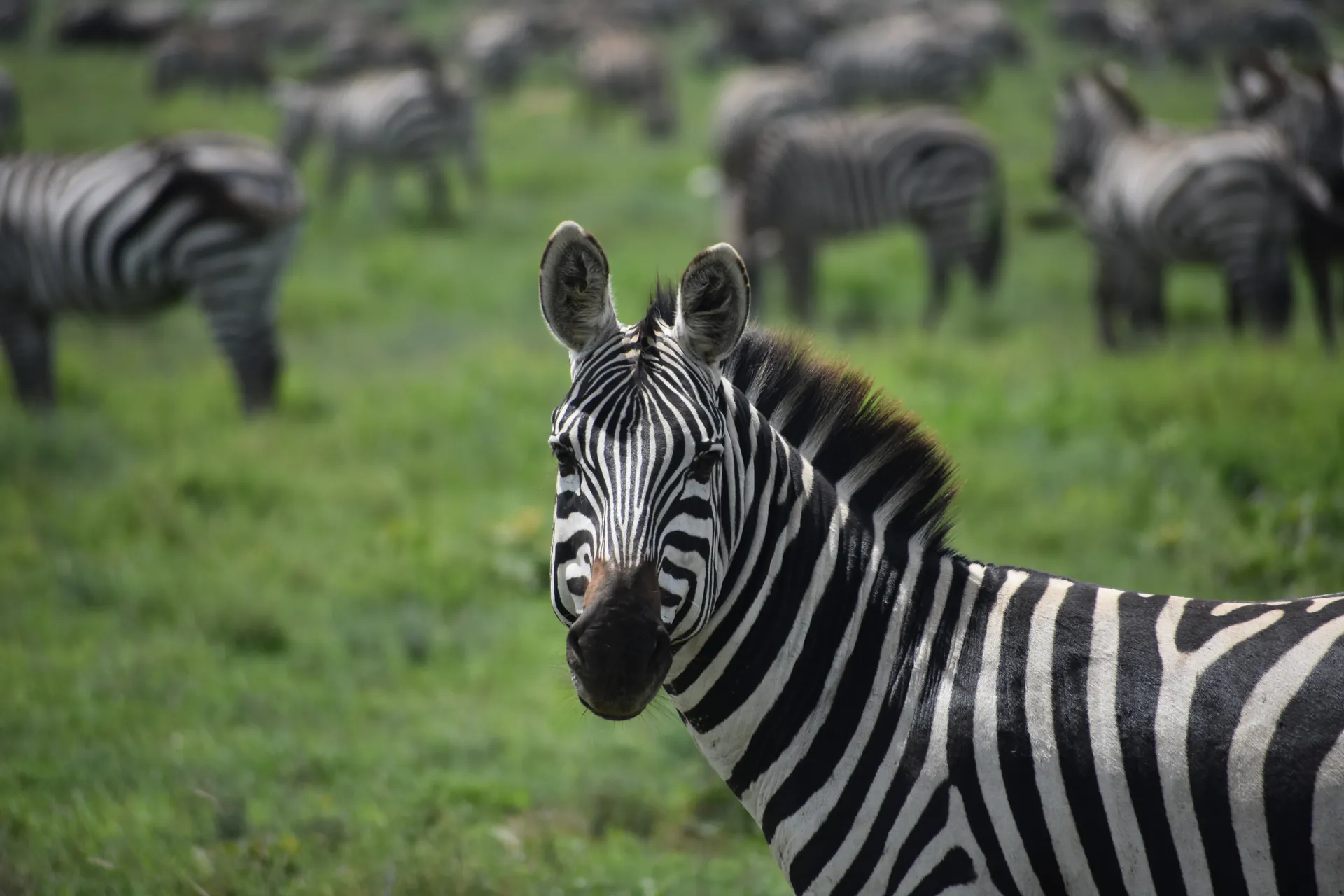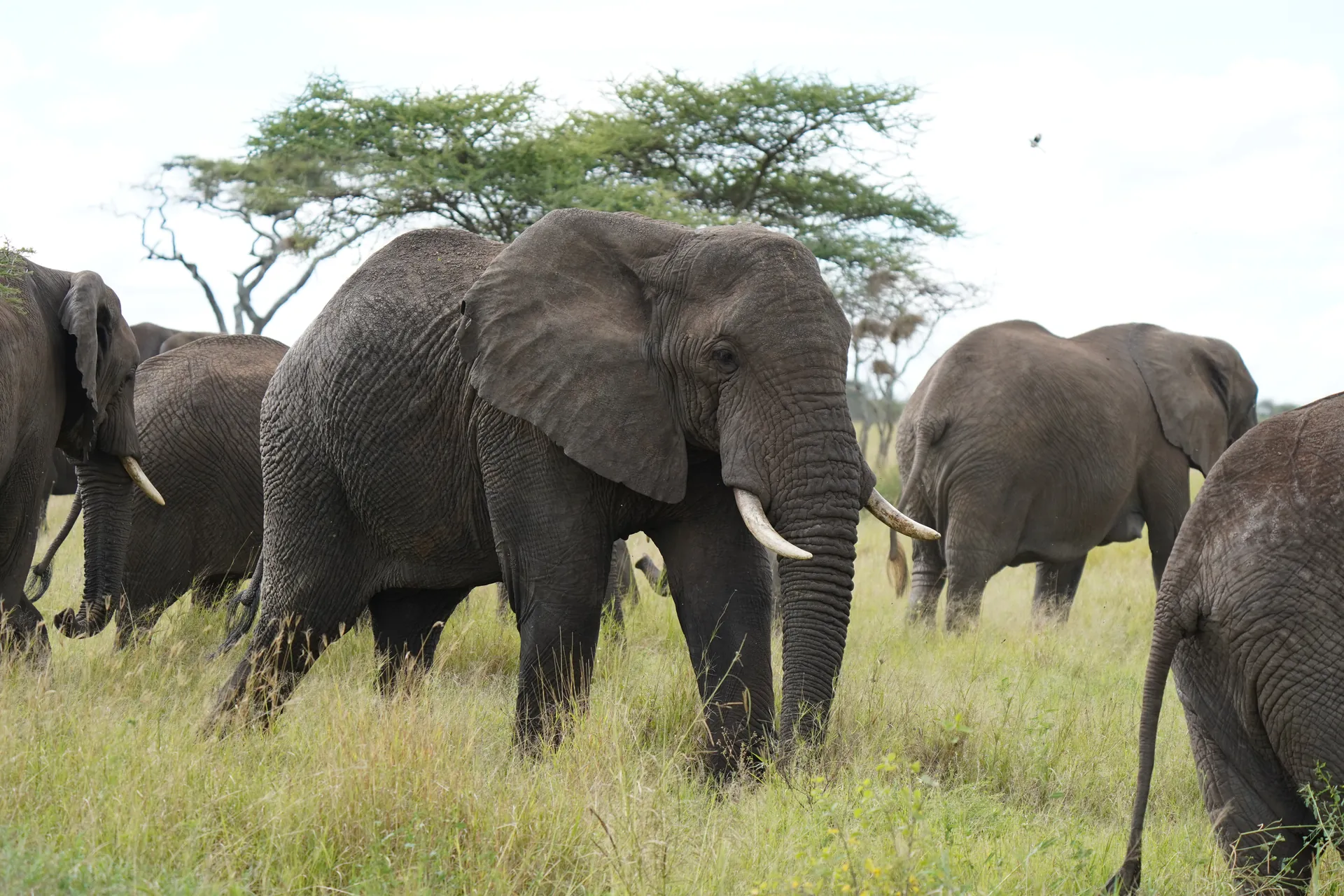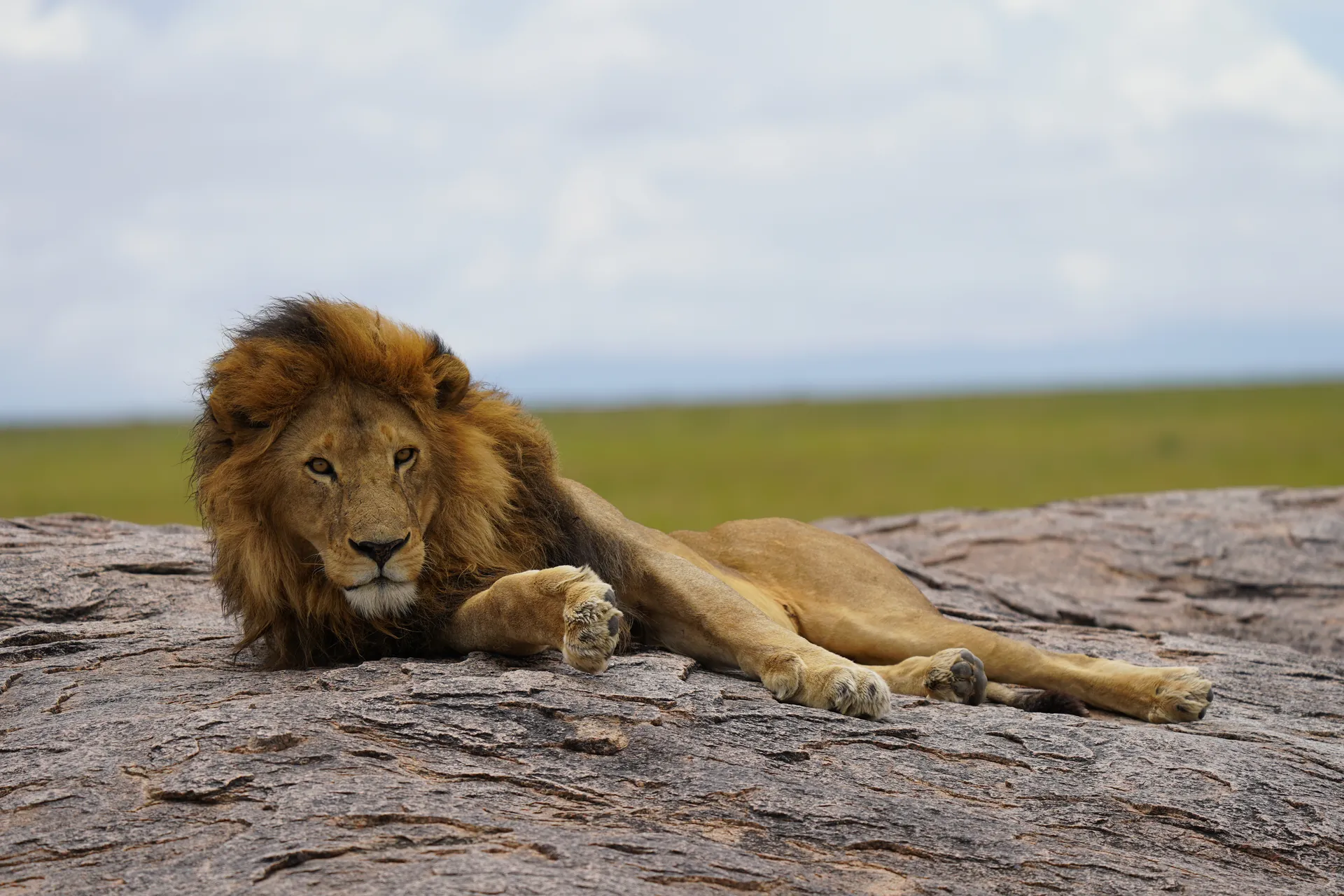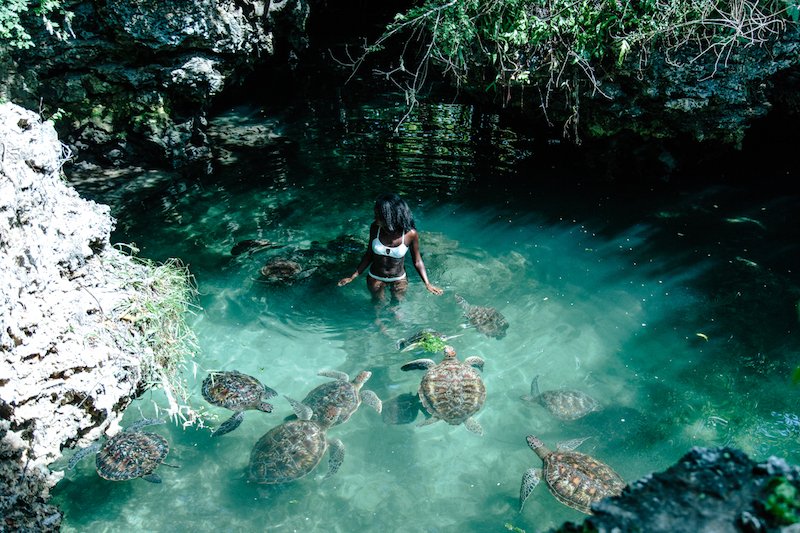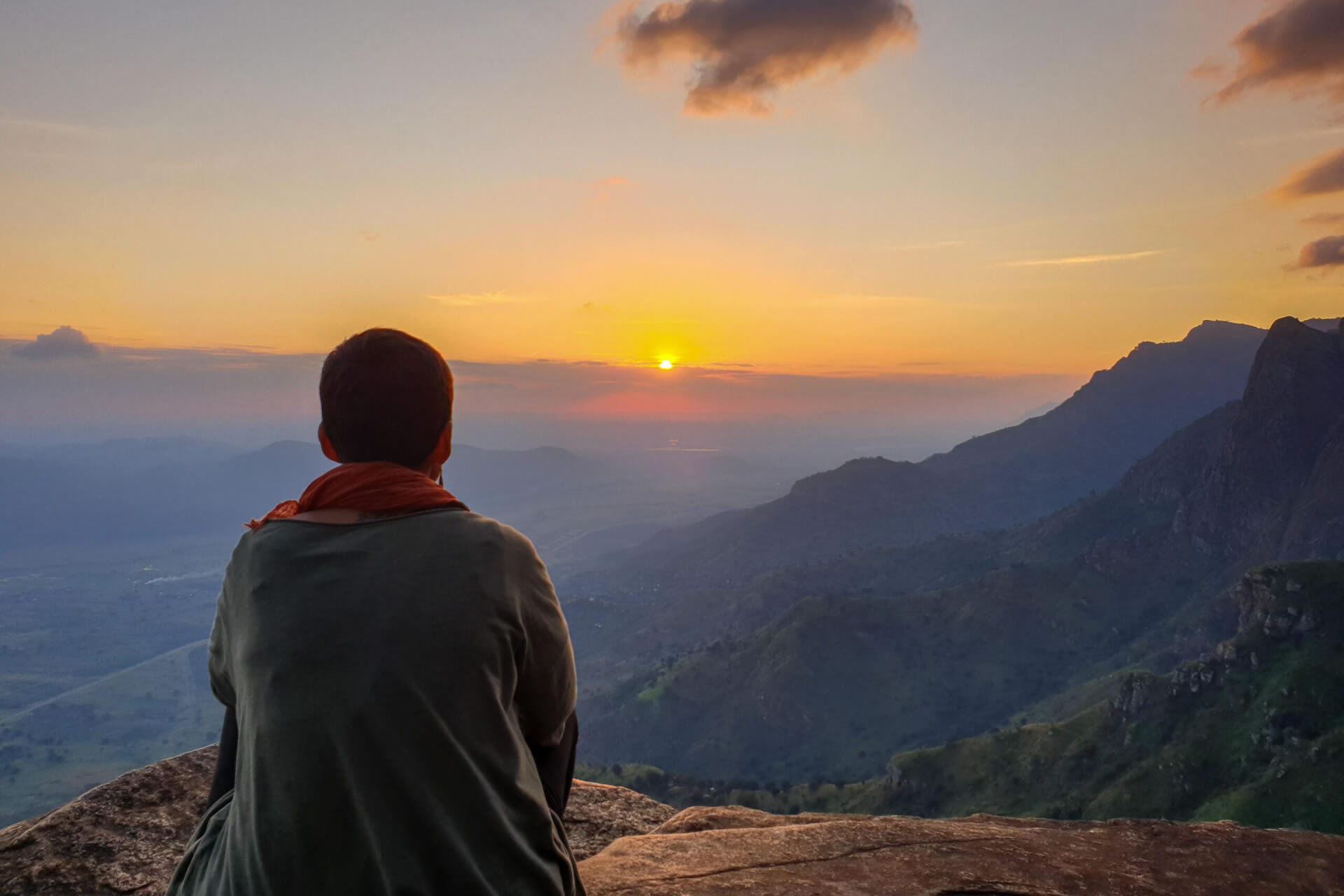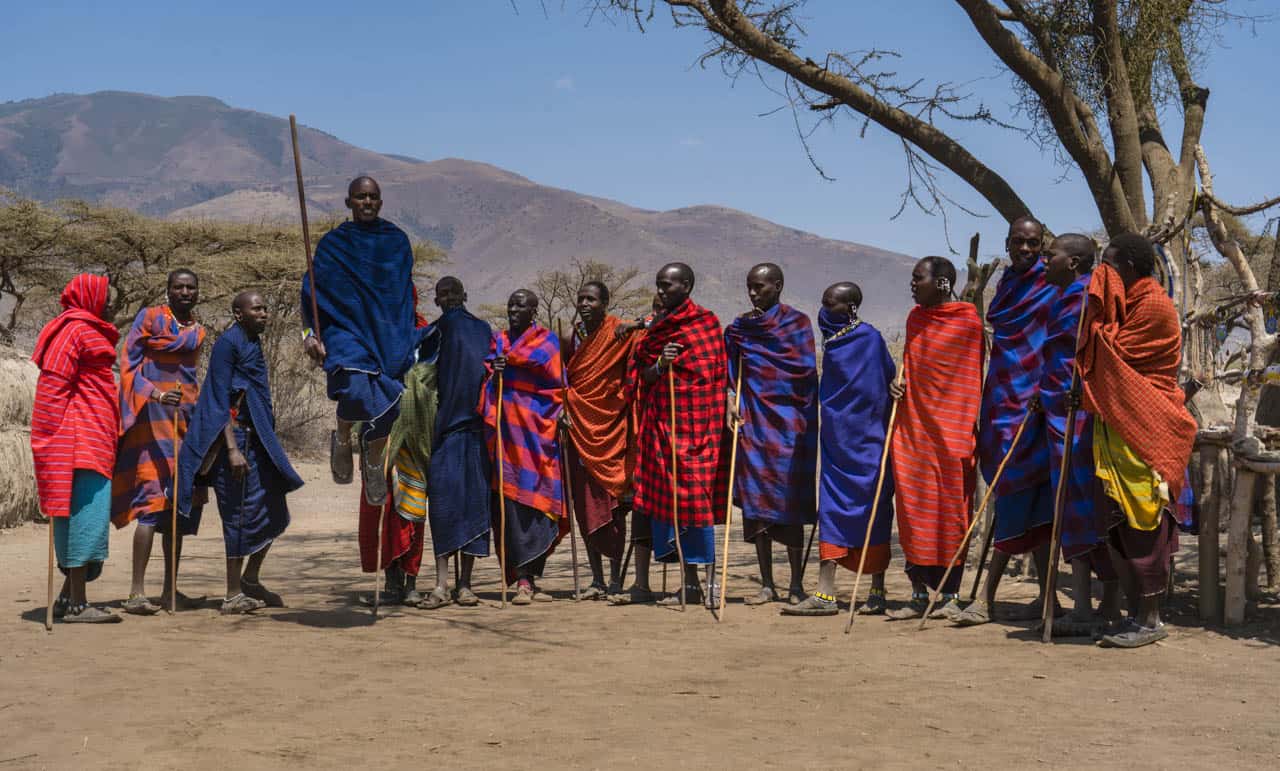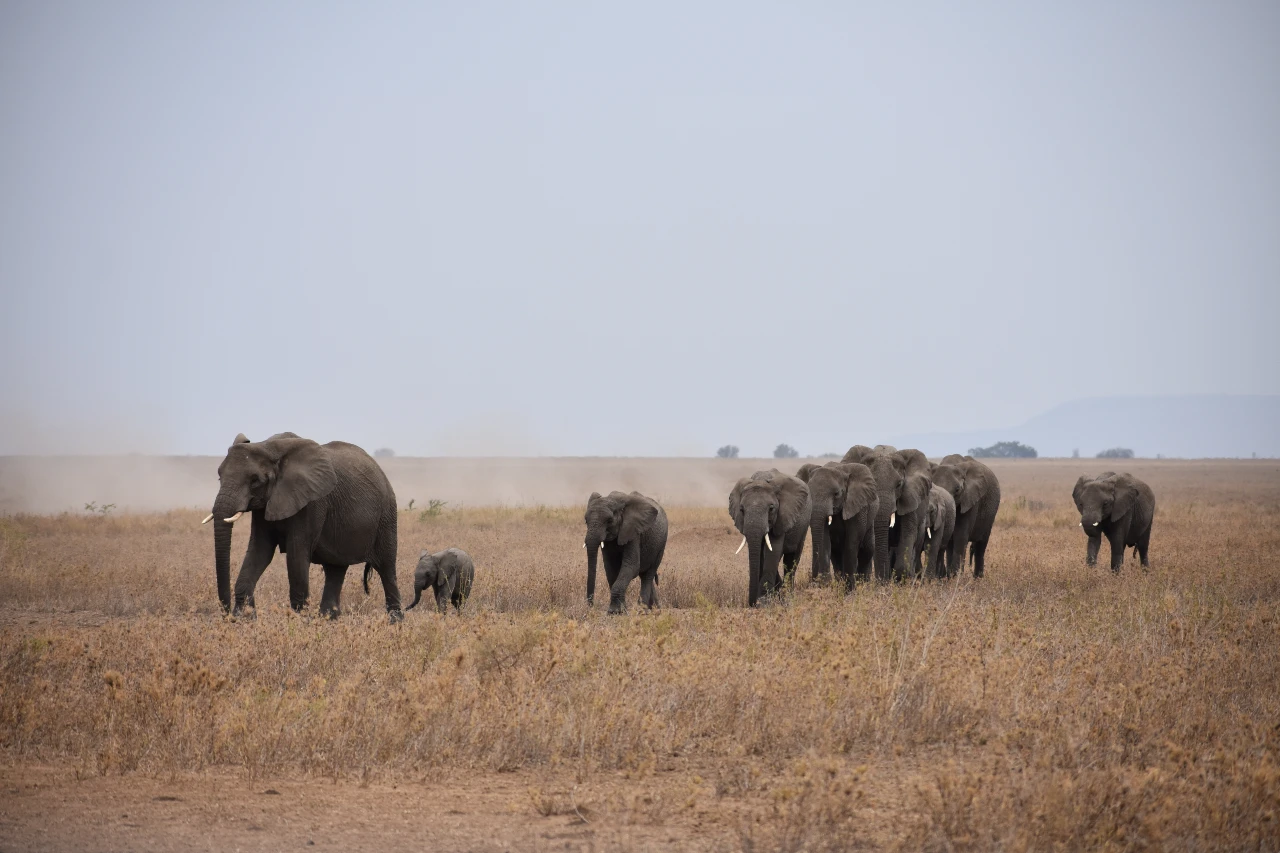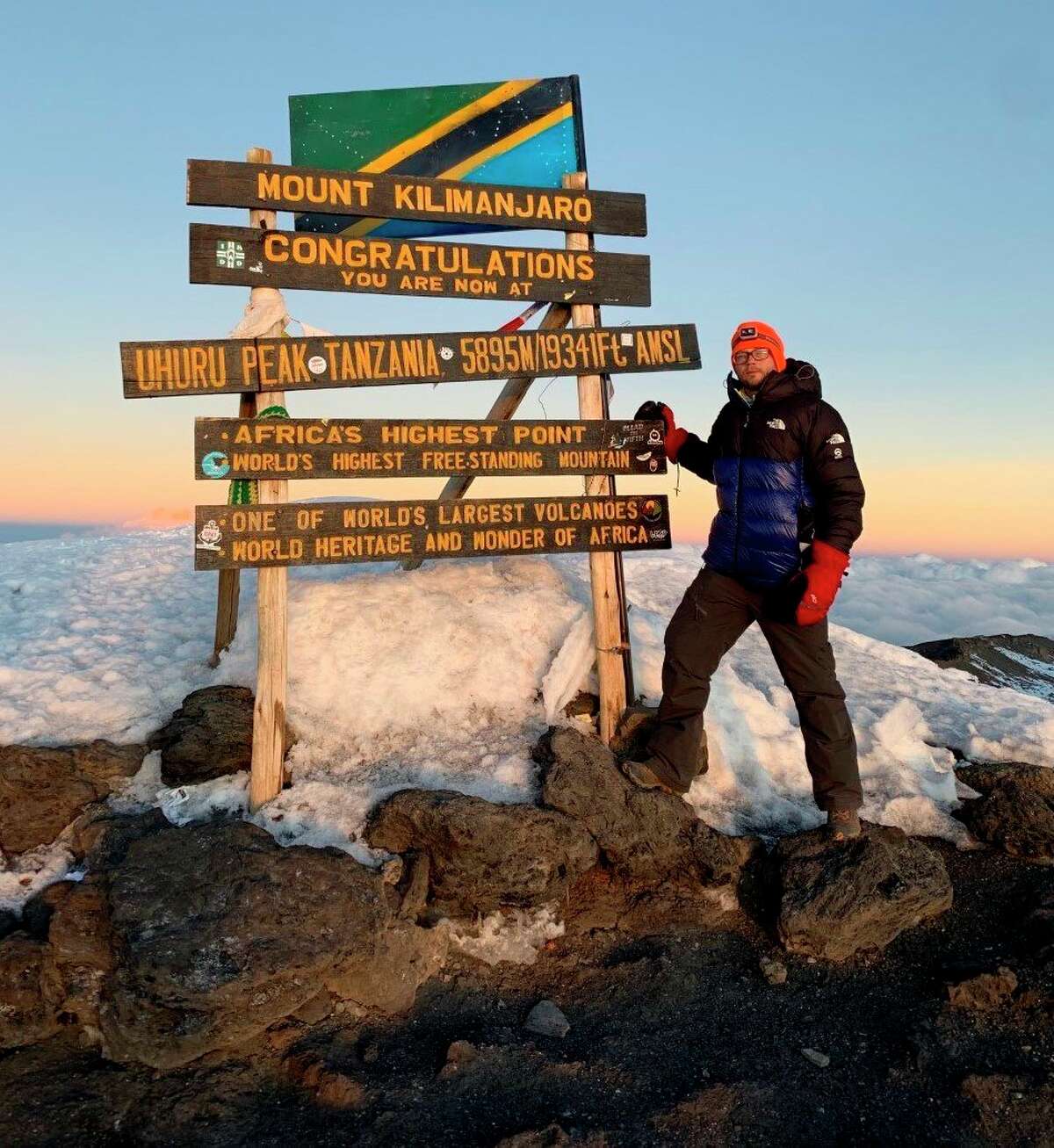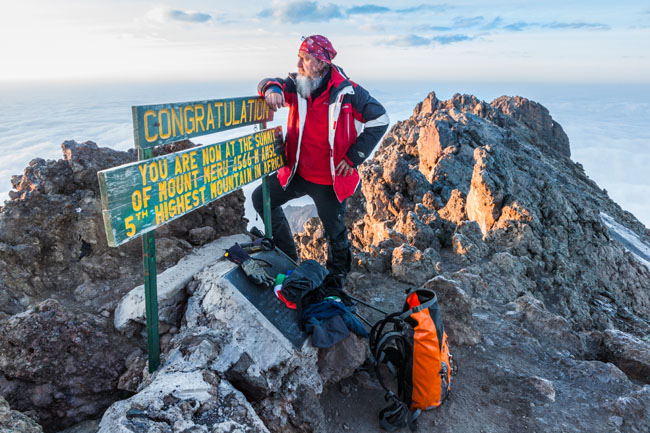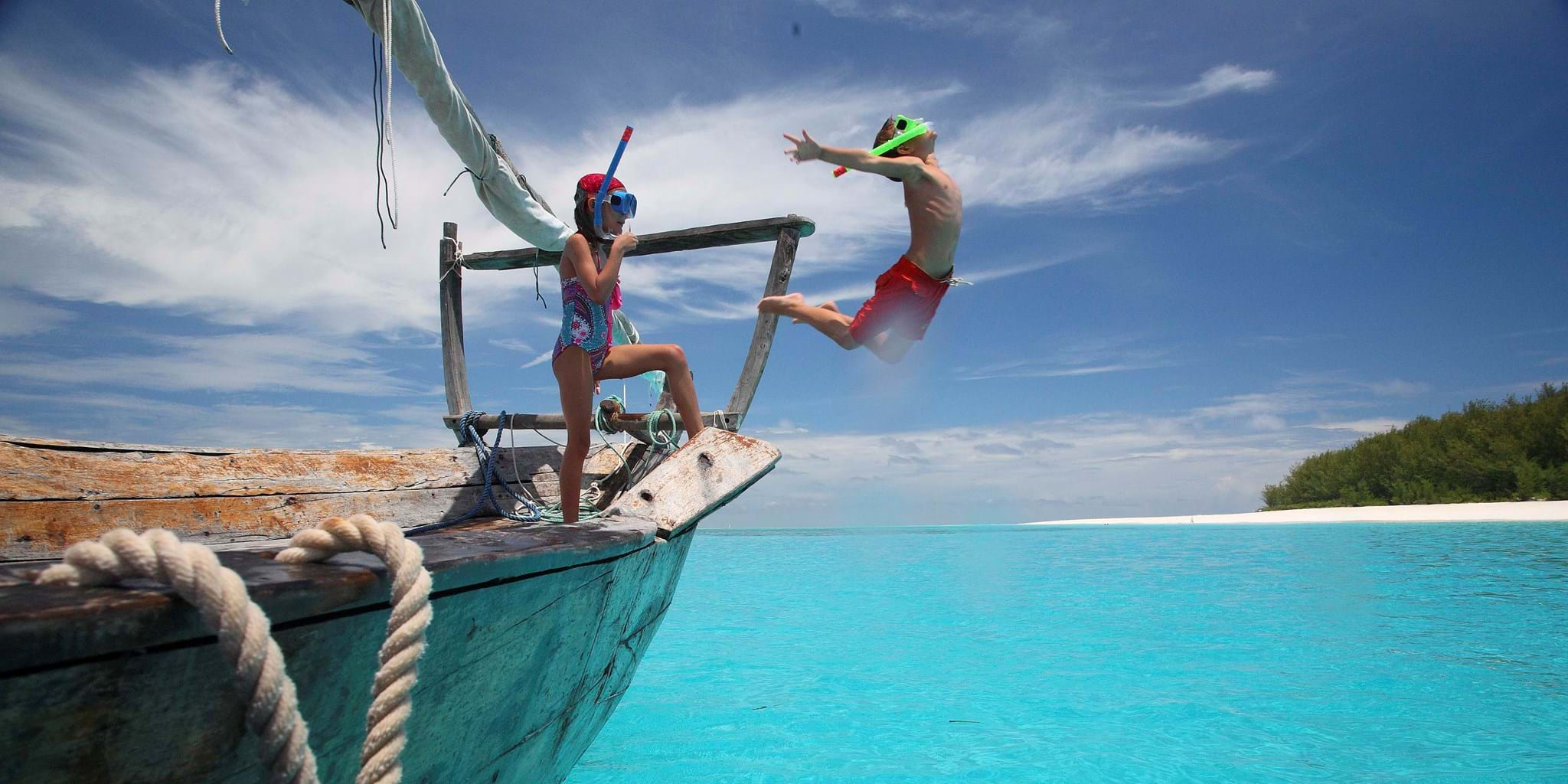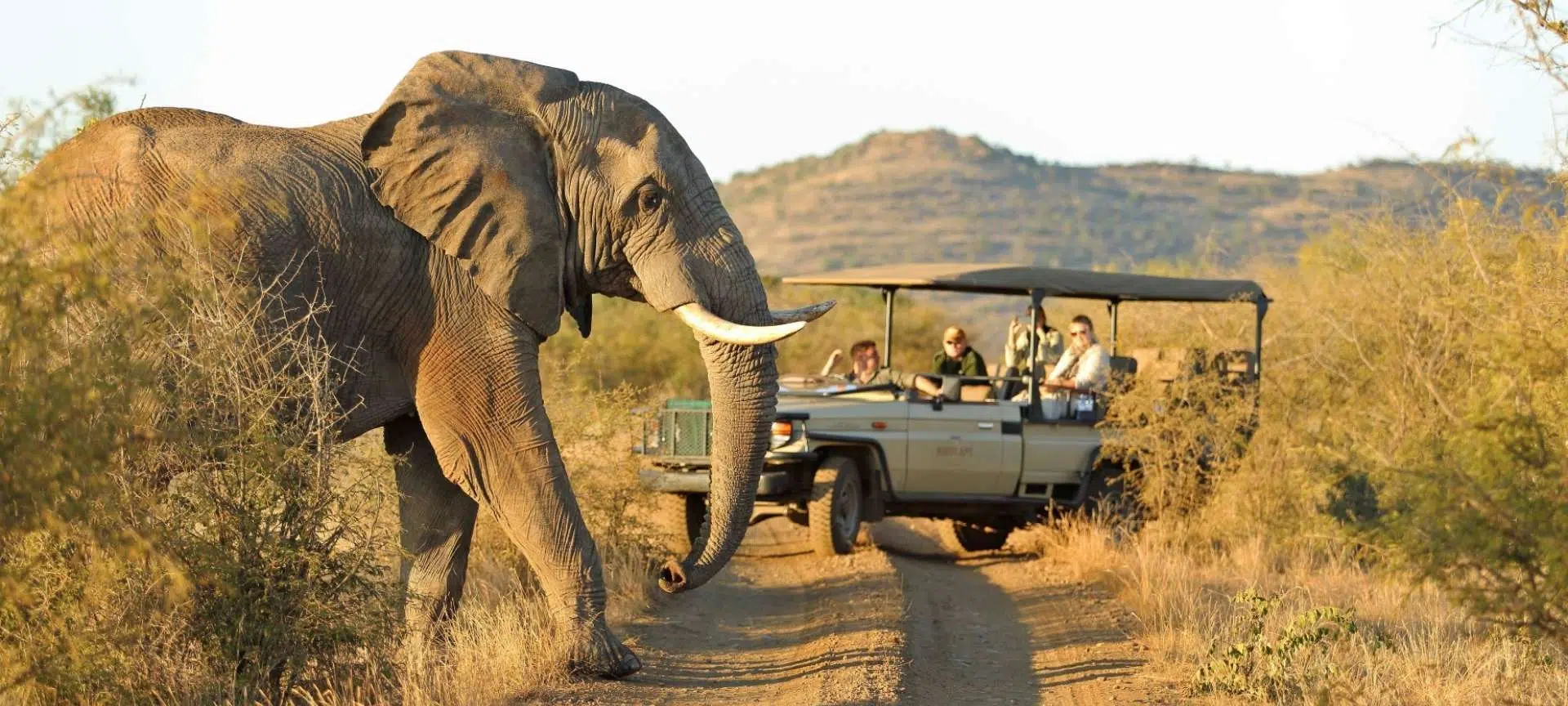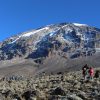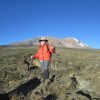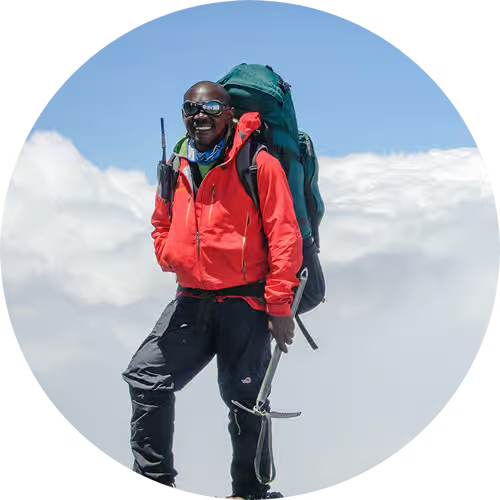Mt. Kilimanjaro, the majestic peak that stands proudly in Tanzania, attracts adventurers from around the world seeking to conquer its heights. However, as climbers ascend to higher altitudes, the risk of altitude sickness becomes a significant concern. This article aims to provide valuable insights and practical tips to prevent altitude sickness when climbing Mt. Kilimanjaro, ensuring a safe and enjoyable journey to the summit.
Understanding Altitude Sickness:
Altitude sickness, also known as acute mountain sickness (AMS), occurs when the body does not acclimatize properly to the reduced oxygen levels at higher altitudes. Symptoms can range from mild headaches and nausea to more severe conditions that may require immediate descent.
Preparation and Acclimatization:
One of the key strategies for preventing altitude sickness is gradual acclimatization. Climbers should allow sufficient time for their bodies to adjust to the changing altitude. Opting for longer itineraries that include rest days during the ascent increases the chances of a successful and safe climb.
Proper Training:
Physical fitness is crucial for a successful ascent on Mt. Kilimanjaro. Engaging in regular cardiovascular exercises, strength training, and hiking at lower altitudes can help improve overall fitness and prepare the body for the challenges of higher elevations.
Hydration and Nutrition:
Staying hydrated is paramount when ascending to higher altitudes. Climbers should consume an ample amount of water throughout the climb to prevent dehydration, which can exacerbate altitude sickness symptoms. Additionally, maintaining a balanced diet rich in carbohydrates and avoiding excessive alcohol and caffeine intake contribute to overall well-being.
Gradual Ascent and Rest Days:
Choosing a gradual ascent route and incorporating rest days into the itinerary allows the body to acclimatize more effectively. Climbers should listen to their bodies and communicate openly with guides to ensure a pace that promotes acclimatization while minimizing the risk of altitude sickness.
Medication and Oxygen:
In consultation with healthcare professionals, climbers may consider carrying medications like acetazolamide (Diamox) to aid in acclimatization. Portable oxygen canisters can also be a valuable addition to the climbing gear, providing a quick remedy in case of emergency.
Monitoring and Recognizing Symptoms:
Awareness of altitude sickness symptoms is crucial for timely intervention. Climbers should monitor themselves and fellow team members for signs of AMS, including headaches, nausea, dizziness, and fatigue. Prompt action, such as descending to a lower altitude, can prevent the progression of symptoms to more severe forms of altitude sickness.
Conclusion:
Climbing Mt. Kilimanjaro is a remarkable adventure, but ensuring safety during the ascent requires careful planning and attention to one’s health. By understanding the risks of altitude sickness and implementing preventive measures, climbers can increase their chances of reaching the summit while enjoying the breathtaking beauty of Africa’s highest peak in good health. Remember, a successful climb is not just about reaching the top but also about safely descending and cherishing the memories of a well-executed journey.

